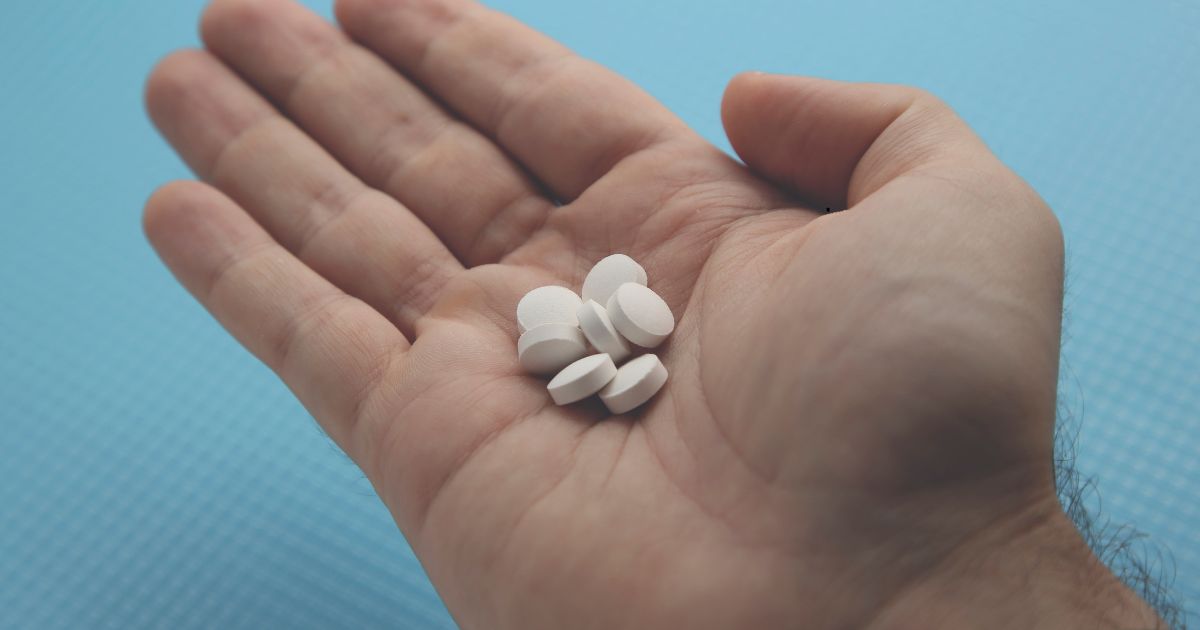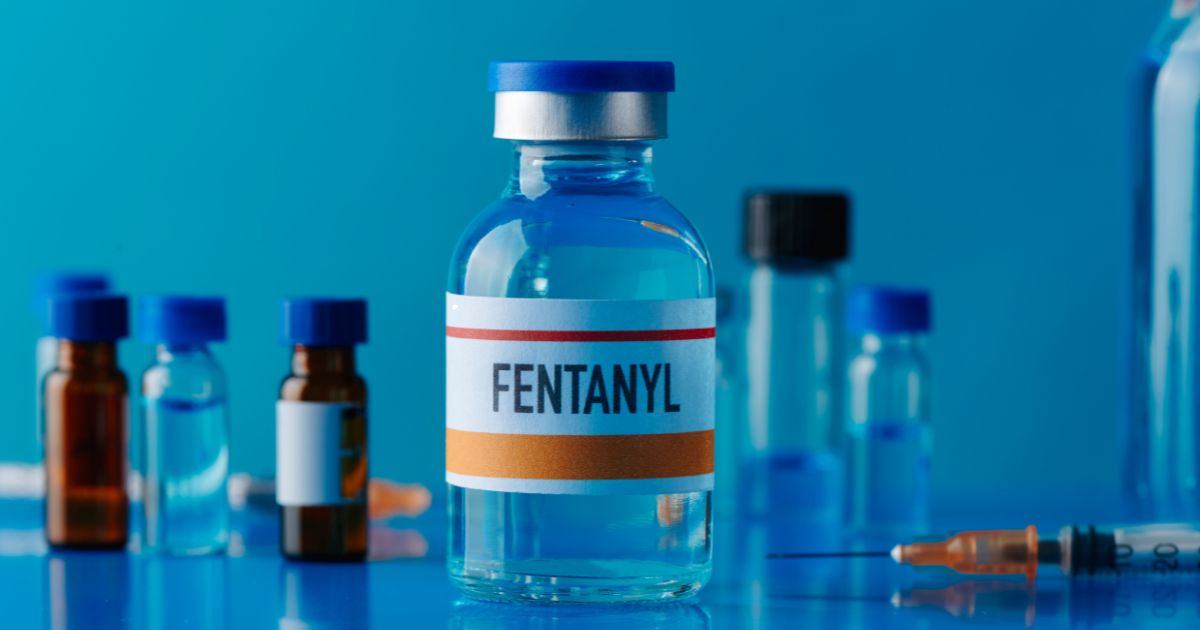What Are Whippets the Drug?
Not to be confused with the breed of racing dog, the drug Whippets are a type of inhalant that utilizes nitrous oxide. Nitrous oxide is a colorless, sweet-smelling gas that is often used in medical and dental procedures for its anesthetic and pain-reducing effects. Whippets are small cartridges containing this substance.
Because nitrous oxide is not a scheduled drug under US law and therefore is not subject to DEA enforcement. This means whippets are easy to find in everyday items.
It’s most commonly found in whipped cream dispensers, where the nitrous oxide is used to create the necessary pressure to whip and dispense the cream from the canister. Nitrous oxide is also used in cooking sprays.
It’s also worth noting that whippets are often sold in head shops or online, and can be easily purchased by minors, which has led to concerns about their potential for abuse among young people.
Using the drug whippets recreationally is referred to as ‘doing whippets’ or ‘whip-its.’ Doing whippets brings on short-term euphoric and hallucinogenic effects.
Aside from euphoria, side effects of inhaling the gas include:
- Impaired speech
- Dizziness
- Headaches
- Drowsiness
- Poor coordination
Recreational use of nitrous oxide can be extremely dangerous. It can lead to oxygen deprivation, which can cause a wide range of harmful effects, from confusion and dizziness to unconsciousness and death. Regular use can also lead to nerve damage and a variety of neurological problems, among other health risks.
What Are the Dangers of Inhalants?
Generally speaking, whippets aren’t terribly dangerous in the short term. One important exception to this is known as Sudden Sniffing Death Syndrome (SSDS).
SSDS refers to a sudden, fatal cardiac arrest that can occur in individuals who abuse inhalants, due to the heart rhythm disturbances they can cause. Engaging in strenuous physical activity or simply being startled raises the likelihood of SSDS.
With repeat abuse, whippets can However, they can bring devastating health consequences over the long term.
The negative health consequences of whippets include:
- Brain damage
- Liver damage
- Hearing loss
- Kidney damage
- Vitamin b12 deficiency
- Nerve damage
- Damage to your bone marrow
- Behavioral development
- Appendage spasms
- Temporary loss of fine motor skills
- Irregular heart rate
- Lower blood pressure
- Ringing or buzzing in the ears
- Mental health issues
Whippets can also cause birth abnormalities if used during pregnancy.
Due to the lack of oxygen caused by whippet abuse, it is possible to die from whippet abuse due to asphyxiation, suffocation, seizures, or coma. Indirectly, fatal injury from accidents can also occur while using whippets.
Even if you do not die as a result of abusing the drug whippets, the lack of oxygen can cause lifelong damage to your brain and other organs.
Are Whippets Addictive?
Whippets aren’t known to induce physical dependence but any substance that alters consciousness can become psychologically addictive. Whippets produce euphoric effects, which your brain can start to crave over repeat use.
There is no specialized treatment for whippet drug addiction. However, detoxification followed by behavioral therapy can be effective in treating whippet addiction.
Because long-term misuse of nitrous oxide can lead to physical health problems from vitamin B12 deficiency, B12 injections may be beneficial as well. If you start to notice whipping cream cans or other paraphernalia among a loved one’s things, know that there are treatment programs that can help.
Get confidential help from our addiction treatment specialists in Orange County. Call to join our rehab program today!
Call 866-881-1184Drug Addiction Treatment at South Coast Behavioral Health
If you or a loved one suffer from addiction to the drug whippets, it’s time to seek treatment. South Coast Behavioral Health offers affordable and compassionate alcohol addiction treatment. Our alcohol and drug programs can help you quit inhalant drugs. Avoid brain damage and other side effects from doing whippets and inhaling the gas.
The first step in treating alcohol addiction is a medical detox. This means using drugs to manage withdrawal symptoms.
Our medical detox program in California is staffed by caring and compassionate professionals who can provide you with medications to manage your withdrawal symptoms. This may include things like anti-seizure medication and antidepressants.
After detoxing, treatment should involve therapy to treat the drivers of addiction.
Treatment for substance abuse takes place along an entire spectrum of care. Along that entire spectrum are various behavioral therapies, support groups, and the use of medically-assisted treatment (MAT).
These levels of treatment are, in order, as follows:
Residential Treatment in California
After successfully completing medical detox, you’ll move to receive inpatient treatment in Orange County California. There, you’ll receive medically-assisted treatment and dual diagnosis treatment to deal with any cravings or co-occurring mental health issues you may be battling. Our addiction and medical professionals are ready to help you.
We also offer residential treatment facilities in Costa Mesa, Irvine, and Huntington Beach for those who desire gender-specific treatment. There, patients get round-the-clock medical attention and monitoring while living at the institution full-time.
In addition to individual and group counseling and medication management, you’ll also have access to leisure activities and family support services.
Partial Hospitalization in California
Most clients start substance abuse treatment with South Coast in our residential treatment program. After completing that, many desire something that still provides structure and support, but with extra space and time to oneself. For that, we offer Partial Hospitalization in Newport Beach.
A step down from inpatient care but with more structure than conventional outpatient programs, partial hospitalization offers a good balance for those looking to ease back into normal life. Clients can receive care five to seven days a week for several hours each day, returning to their homes in the evening.
This way, they can recover without putting their daily lives completely on hold, receiving intense therapeutic interventions like group and individual therapy, skill development, and medication management as necessary.
Intensive Outpatient Treatment in California
For those leaving inpatient residential treatment or partial hospitalization, intensive outpatient programs (IOP) are yet another gradual step forward on the road to recovery.
With a focus on group therapy, individual counseling, and education, clients undergoing Intensive Outpatient Treatment in Newport Beach can meet three to five days a week. Each session lasts three hours.
This level of care requires the least amount of attendance at a facility.
Get Started Today
If you or a loved one are struggling with addiction but wonder how long addiction treatment takes or have other questions, call us at 866-881-1184 or contact us here. Our highly qualified staff will be happy to help give you an idea of what to expect from your addiction recovery timeline, verify your insurance, and assist with any other questions you may have.
Don’t wait to get drug and alcohol addiction treatment. Reach out today to speak with a representative who can help you determine your drug and alcohol detox and treatment options and get you started on the road to recovery.
- What are the other medical consequences of inhalant abuse? | National Institute on Drug Abuse (NIDA) (nih.gov)
- The Dangers of Whippets: What Are They? (clevelandclinic.org)
- Recreational Nitrous Oxide Abuse-Induced Vitamin B12 Deficiency in a Patient Presenting with Hyperpigmentation of the Skin – PMC (nih.gov)Anti-Heroin Act of 1924 – Wikipedia










